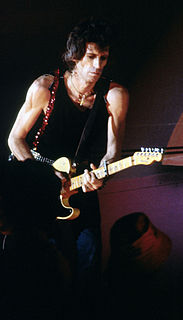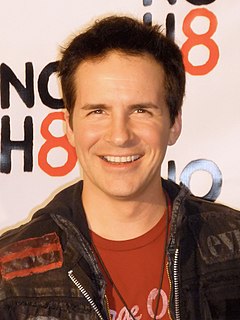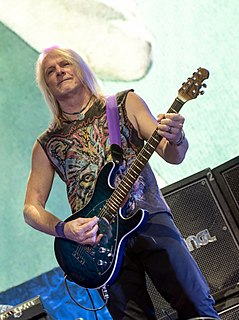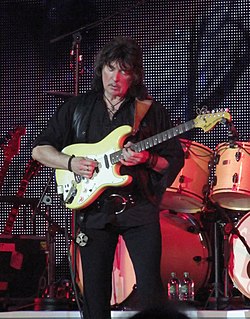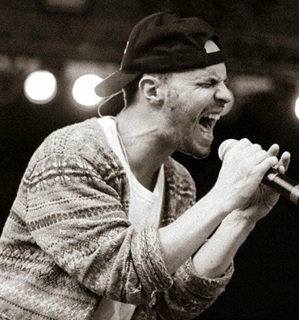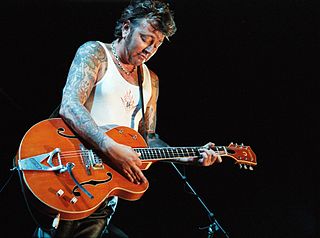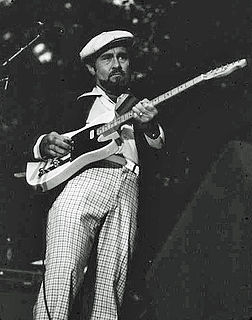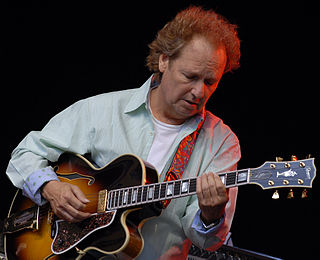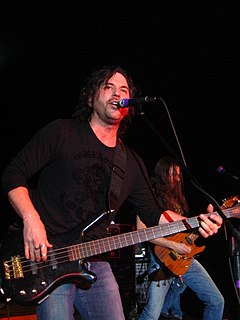A Quote by Angus Young
Most people can do what I do - they can do guitar solos - but they can't do a good, hard rhythm guitar and be dedicated to it.
Related Quotes
What interested me about Chuck Berry was the way he could step out of the rhythm part with such ease, throwing in a nice, simple riff, and then drop straight into the feel of it again. We used to play a lot more rhythm stuff. We'd do away with the differences between lead and rhythm guitar. You can't go into a shop and ask for a "lead guitar". You're a guitar player, and you play a guitar.
Listening to as many guitar solos as possible is the best method for someone in the early stages. But saxophone solos can be helpful. They're interesting because they are all single notes, and therefore can be repeated on the guitar. If you can copy a sax solo you're playing very well, because the average saxophonist can play much better than the average guitarist.
I was doing someones hair the day I first saw my guitar ... a guy was walking down the street with it, and knew that guitar was mine (a 1953 weathered Fender Telecaster) .. I said I'll get you the most beautiful guitar you've ever seen and I'll trade you straight across ... I found him a purple Telecaster and said here's your guitar ... that was it, it was like he knew that guitar belonged to me.


